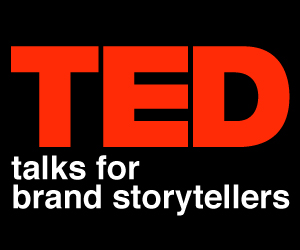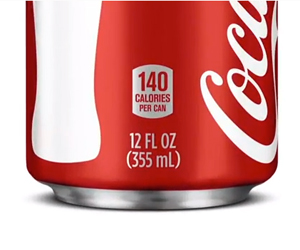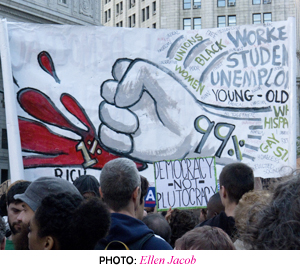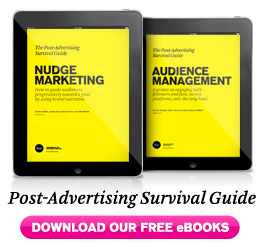
How Story Platforms Help Global Brands Go Local
While the current turmoil in Cairo may obscure the post-revolutionary optimism that pervaded the city last winter, that mood was powerful at the time. Despite the chaos in the virtual absence of government, the metropolitan region of some 14 million was taken over in January by an Arabic pop music video urging people to "go crazy" by committing acts of kindness to spread happiness. The film, produced by Coca Cola, features street scenes of people being kind and happy in well-known Cairo locations. Locals say it perfectly reflected the hopefulness and optimism of Egypt's people as they embarked on the difficult path of building a new democracy.






